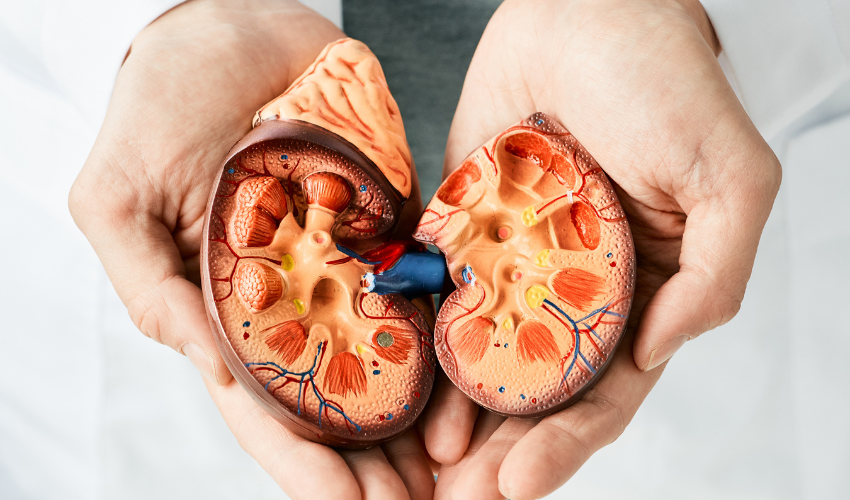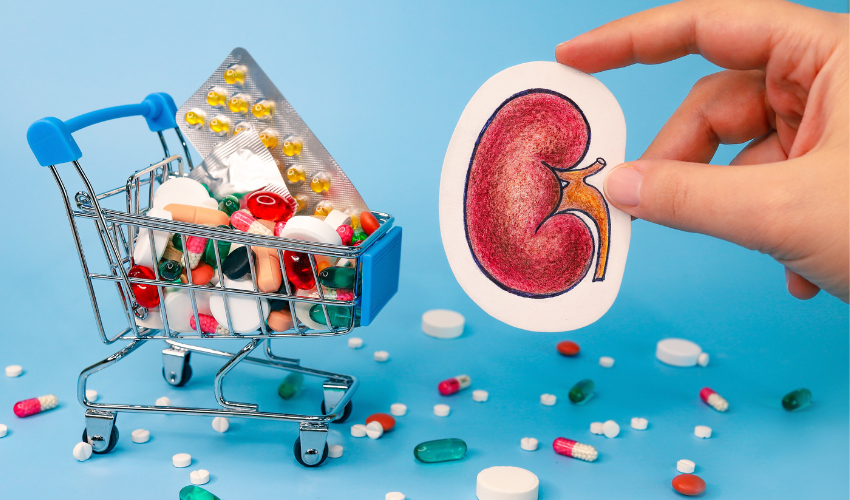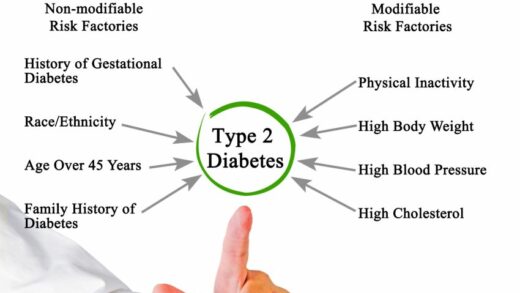Kidney disease is a serious medical condition that affects millions of people worldwide. It is a chronic condition that damages the kidneys over time, leading to a range of complications such as kidney failure, high blood pressure, and cardiovascular disease. Identifying the first signs of kidney disease is crucial to receiving timely treatment and preventing further damage. In this article, we will discuss the early symptoms of kidney disease and the various treatment options available.
What is Kidney Disease?
Kidney disease is a condition that occurs when the kidneys are damaged, and their ability to filter waste products and excess fluids from the blood is reduced. The kidneys are vital organs that play a crucial role in maintaining the body’s overall health by removing waste and excess fluid, balancing electrolyte levels, and producing hormones that regulate blood pressure and red blood cell production.
What are the First Signs of Kidney Disease?
The early signs of kidney disease are often subtle and may not be noticeable until the disease has progressed to an advanced stage. Here are some of the first signs of kidney disease that you should watch out for:
- Fatigue and Weakness: A general feeling of fatigue and weakness can be a sign of kidney disease. This happens because the kidneys are not filtering waste products effectively, leading to a buildup of toxins in the bloodstream.
- Changes in Urination: Changes in the frequency, color, and odor of urine can also be a sign of kidney disease. You may notice that you need to urinate more frequently, or there may be blood in your urine.
- Swelling: Kidney disease can cause swelling in the feet, ankles, and legs. This happens because the kidneys are not filtering excess fluid effectively, leading to a buildup of fluid in the body.
- Skin Rash and Itching: The buildup of waste products in the blood can cause skin rash and itching, which is a common symptom of kidney disease.
- Nausea and Vomiting: Kidney disease can also cause nausea, vomiting, and loss of appetite. This happens because the kidneys are not removing excess waste and toxins from the body effectively.

What Causes Kidney Disease?
There are several causes of kidney disease, including:
- Diabetes: Diabetes is a leading cause of kidney disease. High blood sugar levels can damage the kidneys over time, leading to kidney damage and failure.
- High Blood Pressure: High blood pressure can also damage the kidneys over time, leading to kidney damage and failure.
- Infections: Infections such as pyelonephritis and glomerulonephritis can cause kidney damage and disease.
- Kidney Stones: Kidney stones can block the flow of urine, leading to kidney damage and disease.
How is Kidney Disease Diagnosed?
Kidney disease is diagnosed through a series of tests, including blood tests, urine tests, and imaging tests such as ultrasounds and CT scans. These tests can help doctors assess the extent of kidney damage and determine the best course of treatment.
What are the Treatment Options for Kidney Disease?
The treatment options for kidney disease depend on the extent of kidney damage and the underlying cause of the disease. Here are some of the common treatment options:
- Medications: Medications such as ACE inhibitors and angiotensin receptor blockers can help control blood pressure and slow the progression of kidney disease.
- Diet and Lifestyle Changes: Making changes to your diet and lifestyle can also help manage kidney disease. This may include reducing sodium intake, increasing fluid intake, and avoiding foods high in phosphorus and potassium.
- Dialysis: Dialysis is a medical treatment that removes waste products and excess fluid from the blood when the kidneys are no longer able to perform this function. There are two types of dialysis: hemodialysis and peritoneal dialysis.
- Kidney Transplant: In severe cases of kidney disease, a kidney transplant may be necessary. A kidney transplant involves replacing a damaged kidney with a healthy one from a donor.

Can Kidney Disease be Prevented?
Yes, kidney disease can be prevented by taking certain measures such as:
- Maintaining a Healthy Lifestyle: Eating a healthy diet, getting regular exercise, and maintaining a healthy weight can help prevent kidney disease.
- Managing Chronic Conditions: Managing chronic conditions such as diabetes and high blood pressure can also help prevent kidney disease.
- Avoiding Certain Medications: Certain medications such as NSAIDs (nonsteroidal anti-inflammatory drugs) can damage the kidneys if taken in high doses or for long periods.
- Regular Kidney Function Tests: Regular kidney function tests can help detect kidney disease in its early stages, allowing for timely treatment and management.
When Should I See a Doctor?
If you experience any of the first signs of kidney disease, such as changes in urination, swelling, skin rash, nausea, or fatigue, you should see a doctor immediately. Early diagnosis and treatment can help prevent further kidney damage and complications.
Conclusion
Kidney disease is a serious condition that requires timely diagnosis and treatment. By recognizing the first signs of kidney disease and taking measures to prevent it, you can protect your kidneys and maintain good health. If you suspect that you may have kidney disease, speak to your doctor right away and get the necessary tests and treatment. Remember, early detection and management are key to preventing kidney disease from progressing to a severe stage.






















